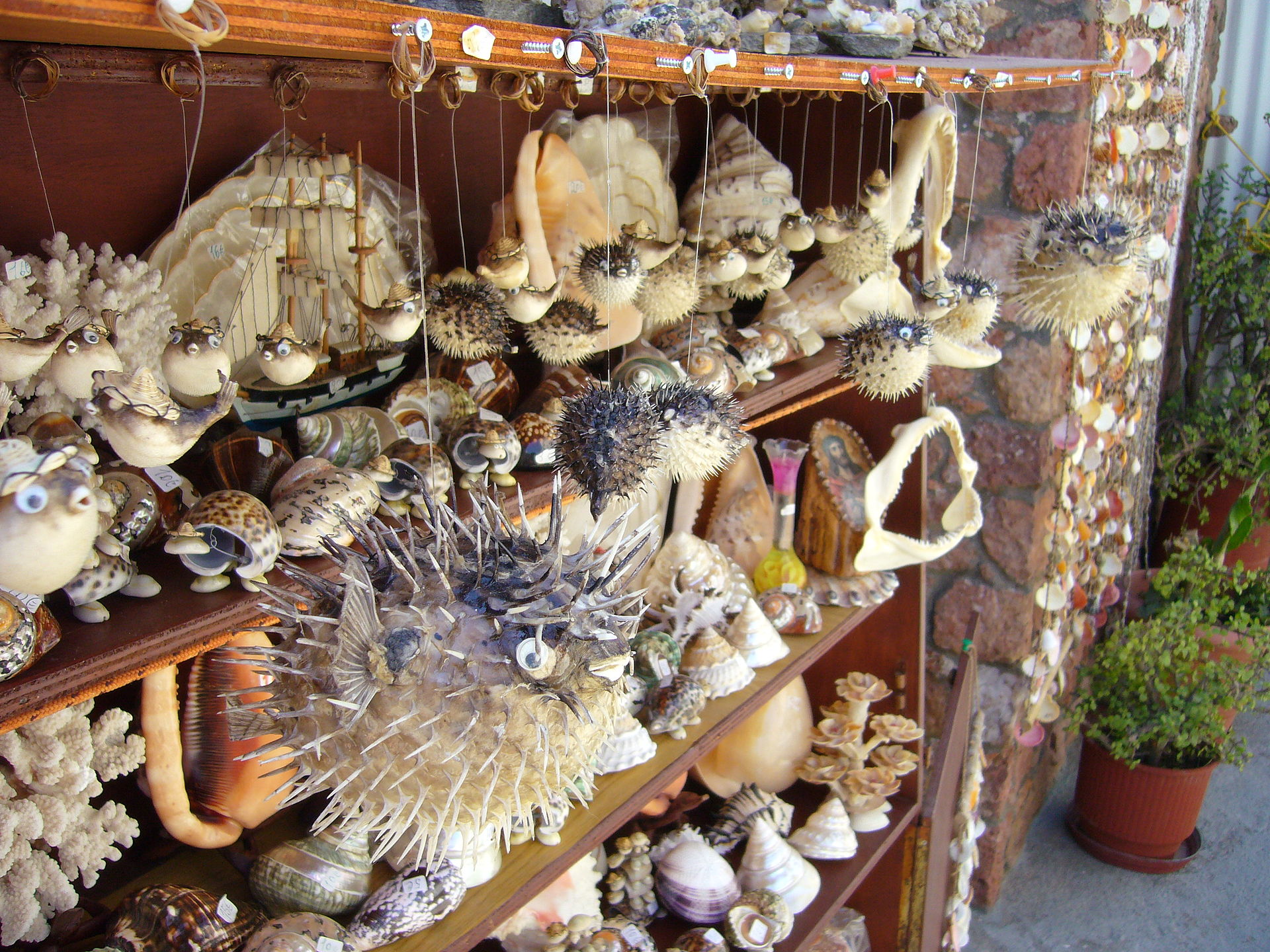Join us for a high-level conference on Forests at the heart of Sustainable Development this Thursday, the 7th of February 2019, 9.00 – 12.30, European Parliament room A1G-3
organized by the Food and Agriculture Organization of the United Nation (FAO) and myself, together with MEPs Heidi Hautala (Greens/EFA); José Inácio Faria (EPP); Sirpa Pietikäinen (EPP) and Jo Leinen (S&D) with input of the IUCN, FERN, WWF, the World Bank and others. Programme available here.
The global goals for sustainable development to combat hunger, to stabilize our climate, to ensure a decent life for all. So much talk about it. But how to deliver on them?
Our answer is: Do protect the forests.
The aim of our event is to demonstrate how import forest are in the struggle to achieve SDGs and to show the other side of the coin: how deforestation jeopardizes all the benefits, including efforts to improve governance, accountability and equality.
We come together not just to pile up an amount of concern, but we address the core issues and take a close look at the possible ways forward, see how both the obvious and the more hidden deforestation risks to SDGs could be tackled.
Welcome coffee available at 8.30. Keynote speeches from Karmenu Vella, European Commissioner for Environment, Maritime Affairs and Fisheries and Maria Helena Semedo, FAO Deputy Director-General for Climate and Natural Resources and video message from Phil Hogan, European Commissioner for Agriculture and Rural Development.
Light lunch to be served at 12.30. Detailed programme below.
The event will be webstreamed.


